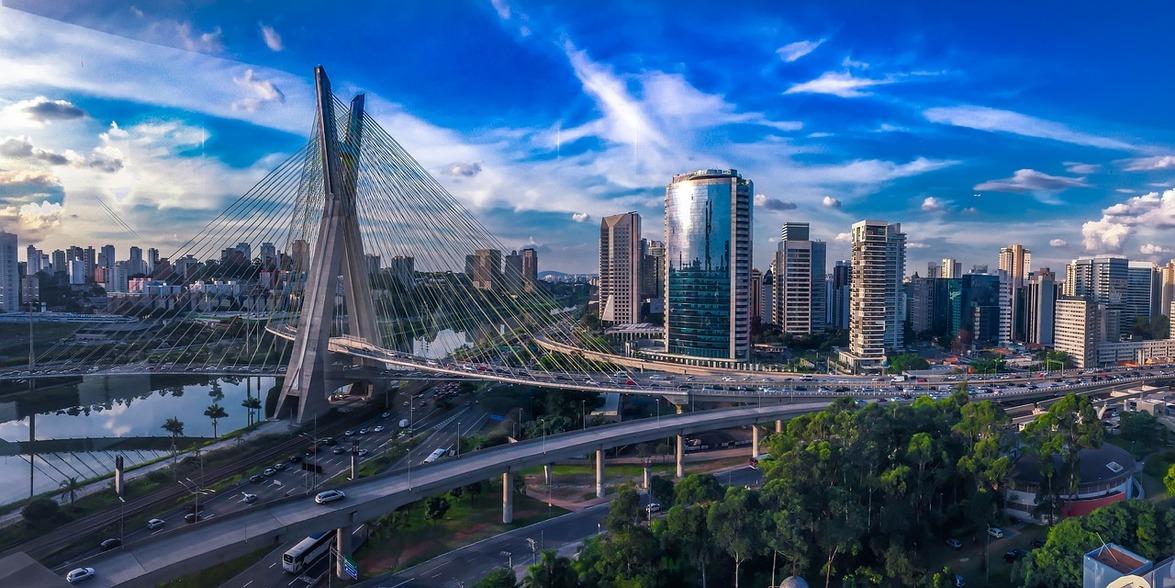

This course covers a systematic process, problems, and solutions involved with the design of industrial facilities. You will benefit from a broad range of topics covered, with design procedures and real-life practical examples. This course introduces the theoretical concepts and practical methods to design industrial facilities. You will learn to design of crane runways, mill buildings, elevated floors, and foundations for industrial facilities. You will be introduced to the concepts of stability and serviceability
To provide relevant design concepts and design procedures for the structural design of industrial facilities.
Structural designers, consultants, architectural engineers, plant engineers, facility owners, building manufactures, contractors, municipal engineers, and other regulatory agency engineers who influence the design, location, and the use of industrial facilities. You will also benefit if you are a structural engineer desiring to increase your familiarity with industrial structures and facilities or are planning to practice in this field.
DESIGN OF MILL BUILDINGS AND COMBINED COLUMNS
CDGA attendance certificate will be issued to all attendees completing minimum of 80% of the total course duration
| Code | Date | Venue | Fees | Register |
|---|---|---|---|---|
| CE153-02 | 26-04-2026 | Manama | USD 5450 | |
| CE153-03 | 13-07-2026 | Kuala-Lumpur | USD 5950 | |
| CE153-04 | 11-10-2026 | Dubai | USD 5450 |
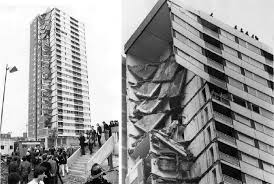
Design of building to resist progressive collapse became an essential topic especially for building with high importance. After 9/11 many specified codes and guidelines were issued specially in USA. F ...
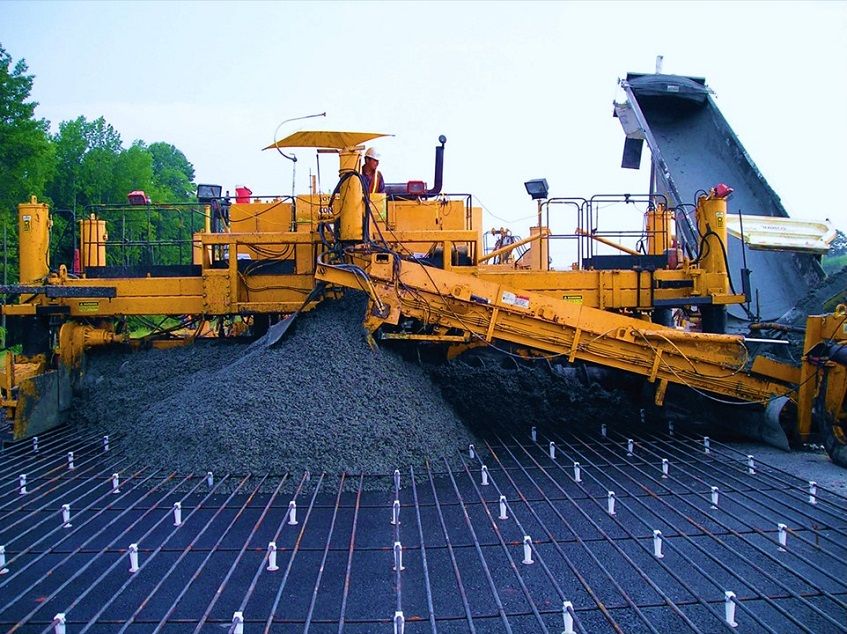
This course will provide the information necessary to deal with pavement challenges. Participants will examine implications of soils and pavement materials, roadway drainage, and practical techniques ...
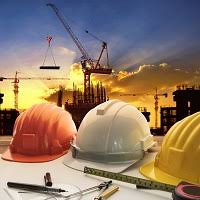
This course addresses the critical survival and profitability factors for companies managing projects in the construction industry in an economic environment characterized by uncertainty and change. S ...
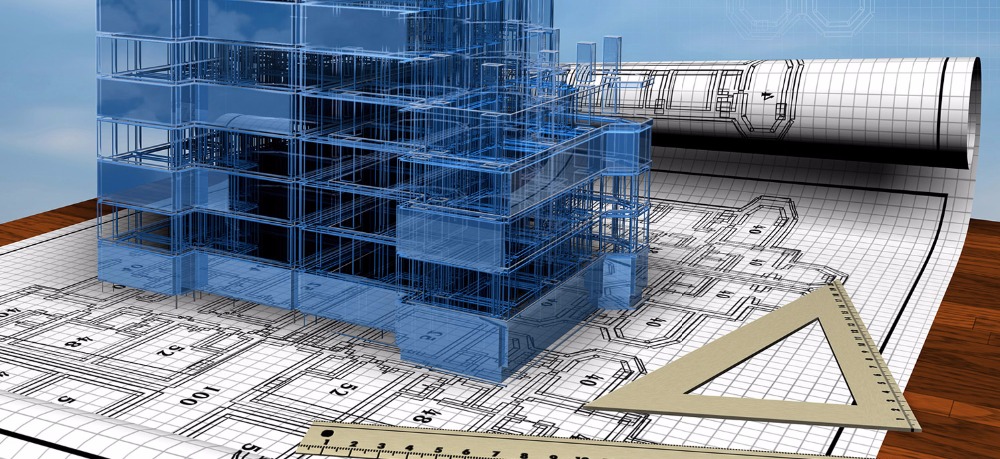
This course provides a precise look over STAAD Pro Design of sections (both concrete design and steel design). It demonstrates the steps to be followed to produce structural analysis and design of an ...
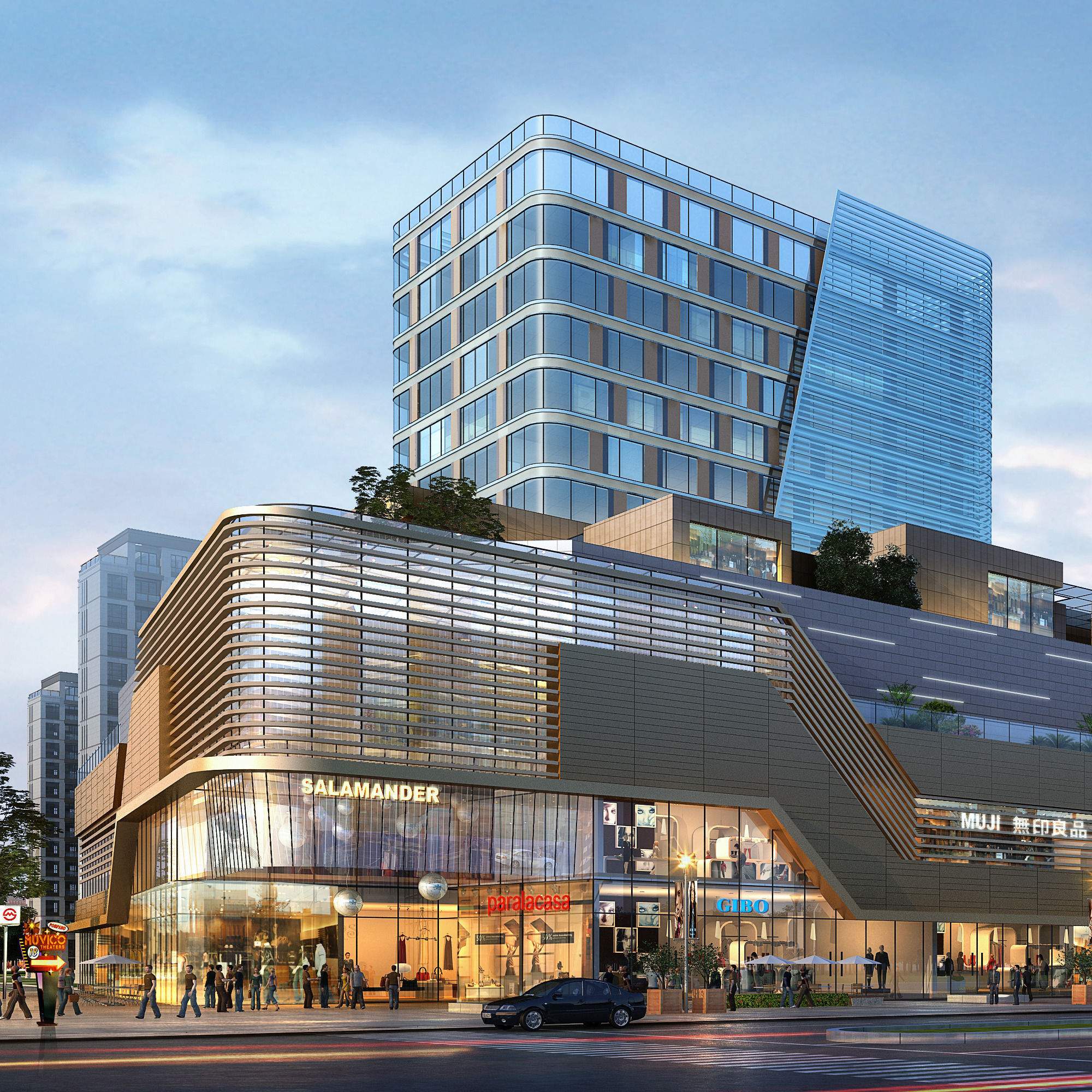
The renovation of the reinforced concrete structures has become common in recent years due to the development in technologies, materials and the techniques for maintenance and repair. This course will ...
Providing services with a high quality that are satisfying the requirements
Appling the specifications and legalizations to ensure the quality of service.
Best utilization of resources for continually improving the business activities.
CDGA keen to selects highly technical instructors based on professional field experience
Since CDGA was established, it considered a training partner for world class oil & gas institution
3012, Block 3, 30 Euro Business Park, Little Island, Co. Cork, T45 V220, Ireland
Mon to Fri 09:00 AM to 06:00 PM
Contact Us anytime!
Request Info